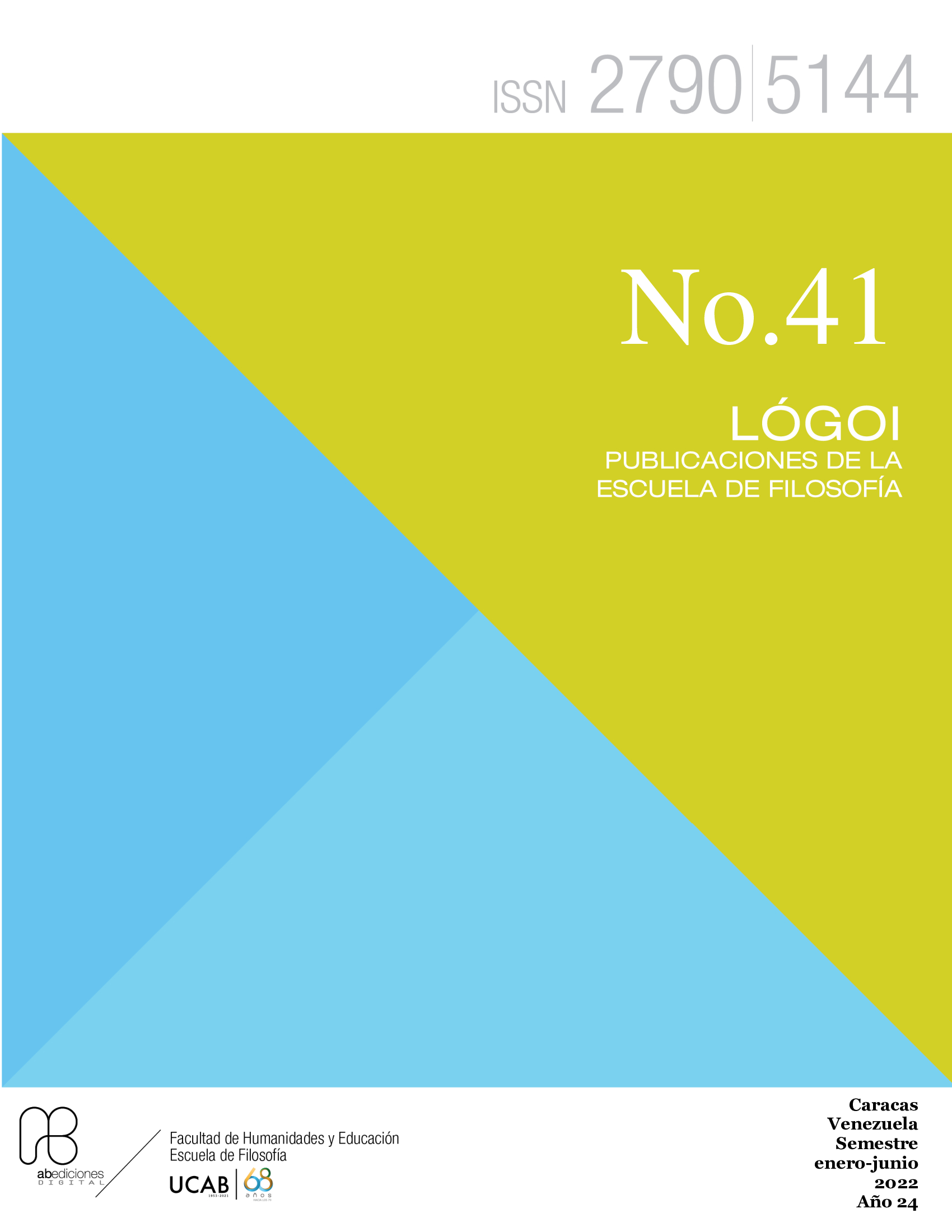Using Agent-based Models (ABM) for Ethical Prescriptions
DOI:
https://doi.org/10.62876/lr.vi41.5465Keywords:
Agent-based models, ethical prescriptions, Business EthicsAbstract
We propose to use Agent-based models (ABM) for estimating trend consequences of following concrete ethical prescriptions in impersonal social relationships. We discuss the potential and limitations of this methodology and its utility for the many sources of ethical prescriptions in our society--among them, University courses in professional and corporate Ethics, CSR, Sustainability, and similar ones.
We follow an Aristotelian conception of Ethics, where the goodness of a prescription results both from its relation to moral principles and from its expected consequences. ABM allow to enrich the knowledge about expected consequences in defined contexts with a generality, similar to the one intended by the prescription. Thus, ABM may contribute to the discernment of ethical prescriptions.
For demonstration, we develop a basic example of ABM for the study of commutative justice in a stylized market. We derive some hypotheses from that model, and propose several ways for further confirmation or refusal of those hypotheses.
Downloads
References
Aristotle. Nicomachean Ethics. Trad. R. Crisp, Cambridge, U.K.; (New York: Cambridge University Press, 2000): bk V.
Axelrod, Robert. The evolution of cooperation. (New York: Basic Books, 1984): 3.
Danielson, Peter. Artificial morality: virtuous robots for virtual games. (London. New York: Routledge, 1992): 17.
Edmonds, Bruce and Meyer, Ruth. Simulating Social Complexity. A Handbook. (Cham: Springer, 2017): #2.5.
Edmonds, Bruce et al. "Different Modelling Purposes", Journal of Artificial Societies and Social Simulation, 22:(3):6, June (2019).
Galán, José M., et al. "Checking Simulations: Detecting and Avoiding Errors and Artefacts": in Bruce Edmonds and Ruth Meyer, Simulating Social Complexity. A Handbook. (Cham: Springer, 2017): 119-140.
Hegselmann, Rainer. "Moral dynamics", in Meyers, Robert A. (ed.). Encyclopedia of complexity and systems science, (New York: Springer, 2009): 5677-5692.
Lasquety-Reyes, Jeremiah. "Computer Simulations of Ethics: the Applicability of Agent-Based Modeling for Ethical Theories", pp. 18-28, European Journal of Formal Sciences and Engineering 1(18): 10, (May-August 2018).
Lasquety-Reyes, Jeremiah. "Towards Computer Simulations of Virtue Ethics". Open Philosophy 2: (September 2019): 399-413.
Mascaro, Steven et al. Evolving Ethics: The New Science of Good and Evil. (Exeter: Imprint Academic, 2010).
Müller, Matthias. An agent-based model of heterogeneous demand. (Wiesbaden, Springer, 2017): ch. 6.
Ruvinsky, Alicia I. "Computational Ethics", in Mary Quigley (ed.), Encyclopedia of information ethics and security, (Hershey: Information Science Reference, 2008): 80.
Veit, Walter. "Modelling morality", in Nepomuceno Fernández, Ángel et al. (eds.): Model-based reasoning in science and technology: inferential models for logic, language, cognition and computation. (Cham: Springer, 2019): 83.
Wiegel, Vincent. SophoLab: Experimental Computational Philosophy. (Maastricht: Technische Universiteit Delft, 2007)
Published
How to Cite
Issue
Section
License
Copyright (c) 2022 Array

This work is licensed under a Creative Commons Attribution-NonCommercial-ShareAlike 4.0 International License.










.png)












